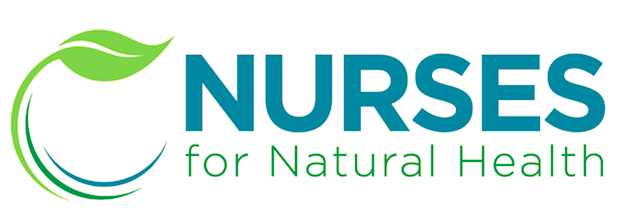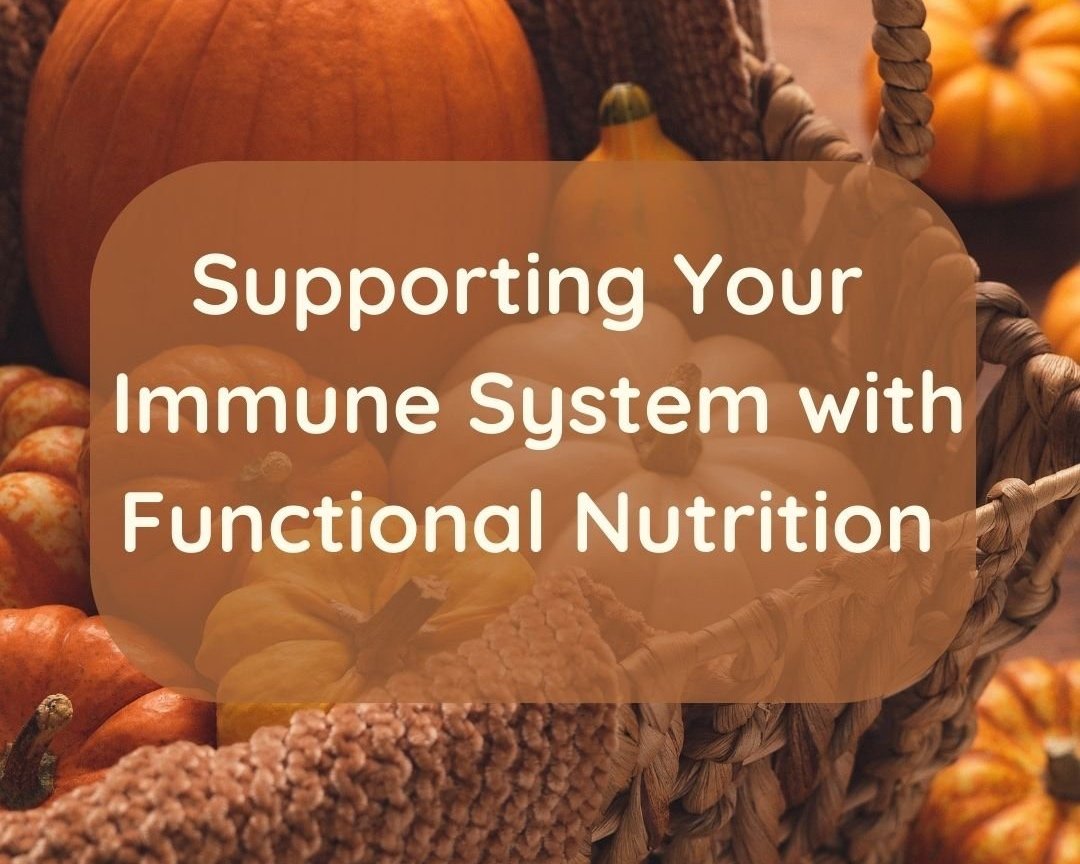Fall is a beautiful season filled with pumpkin spice and everything nice, but it also comes with the dreaded flus and colds.
The good news is that by incorporating functional nutrition and the herbs in your kitchen, you can keep those infections at bay and support your immune system.
The acronym "DAZE-C" is a great way to remember the important vitamins and minerals you need to focus on.
Foods rich in Vitamin A like carrots and sweet potatoes can help maintain your immune system in the mucosa, while Vitamin C found in leafy greens and citrus fruits act as an antioxidant to help with immune system transport.
Vitamin D3, found in fatty fish and eggs, plays a crucial role in hormone synthesis and modulating inflammation, while Vitamin E, found in nuts and seeds, helps with immune regulation.
Zinc, found in mushrooms and lentils, plays an important role in immune regulation, hormone synthesis, and blood sugar regulation.
But what about the herbs in your kitchen?
Did you know that ginger, garlic, turmeric, oregano, rosemary, and onion have antimicrobial, anti-inflammatory and anti-oxidant actions?
Adding them to your recipes can give your immune system an extra boost.
It's also important to remember that your immune system functions well optimally with the right lifestyle measures.
Adequate sleep, exercise, and movement are crucial to keeping your immune system strong.
If you want to learn more about functional nutrition or become a functional nutrition coach, join us for the Certificate in Integrative and Functional Nutrition for Nurses starting October 19! Let's support our immune systems together.








